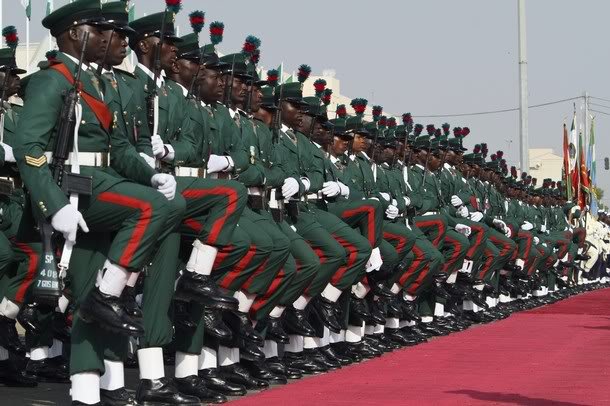THE OLD NIGERIA; SHORT STORY FROM PART 1
From this, we can easily understand why there was a fundamental difference between the political aspirations of the leaders of the North and South. In the South, political leadership sprang from the people, that is, from the grassroots. These people had been the custodian of their own civic rights before the British came. It was easy and natural for the common people to be active again, when political agitation for national freedom became a popular pre-occupation of Nigerians in the 1940s. In the North, however, the ruling class, made up of the sons and kinsmen of the Emirs, took over the political leadership of the people.
Unfortunately, they represented their own clasS interests, rather than the popular will ot the masses. This happened because the British governed Nigerians indirectly through their traditional rulers. In the South, they governed through the obas, obis and ammanyanabos.
Who were relatively powerless amongst their peoples.
In the North, they governed through the Emirs whose sons and kinsmen were the chiefs and Native Authority officials, who lorded it over the people. These emeoritly as the aristocratic political leaders of the 1940s. As a result, the true leaders of the masses were ama
and held down.
British Concept of Tripartition
From the outset, the British governed the North as a monolithic unit, merging the separate kingdom of Bornu with the Fulani emirates. They also governed the South as a unit until the Richard's Constitution of 1946, which split the South into two, establishing a country with three large regions. From these, three centres of power were established: Kaduna in the North, Ibadan in the West and Enugu in the East. Each region was administered from its centre of power by British representatives called Lieutenant-Governor. The overall co-ordinating centre was Lagos, where the Governor resided. This was the pattern that led to the independence of Nigeria.
With the calling forth of regional representatives to the constitutional conferences that followed, the political leadership of the country split into three, so that the British motive of "divide and rule" was exemplified. It must be noted that this political arrangement by the British was not necessary. They could, for instance, have carved out a region for the Kanuri in the north-east, since that area was never captured by the Fulani.
They could also have carved out a region for the Yoruba of Ilorin and the Tiv of the Benue, since their areas were geographically and ethnologically distinct from
the Hausa areas, further North. However, the British
chose the tripartite arrangement because it was more
to their purpose of keeping Nigeria perpetually within
their sphere of influence, even after independence


Did Atiku send you?
To listen to the audio version of this article click on the play image.

Brought to you by @tts. If you find it useful please consider upvoting this reply.
Congratulations @gbenga! You have completed the following achievement on the Steem blockchain and have been rewarded with new badge(s) :
Click here to view your Board of Honor
If you no longer want to receive notifications, reply to this comment with the word
STOPTo support your work, I also upvoted your post!
Do not miss the last post from @steemitboard: